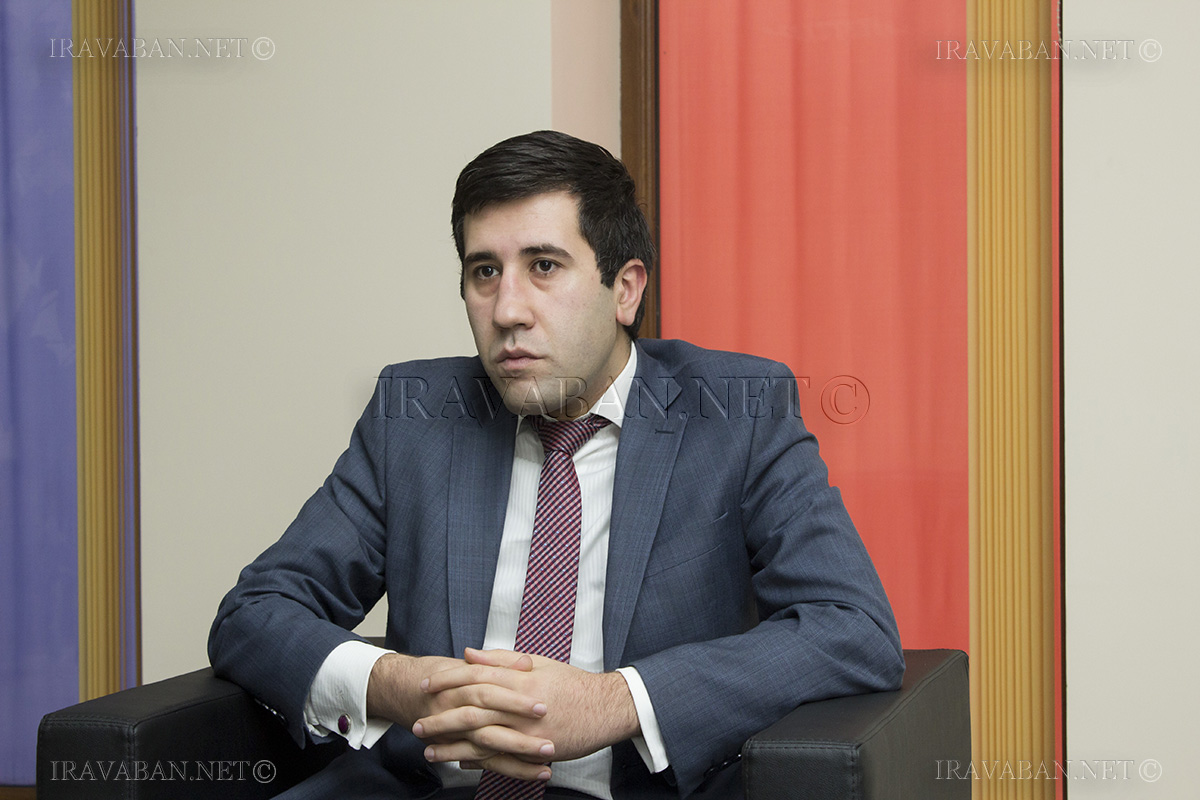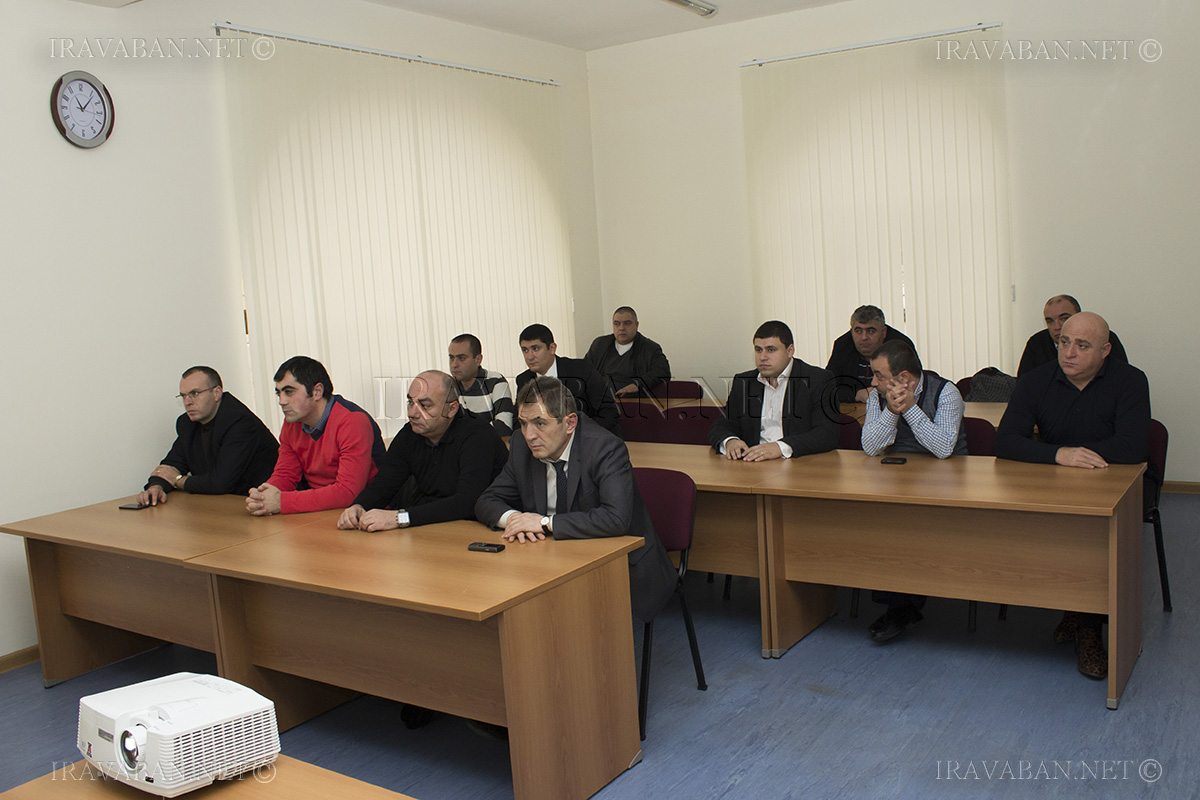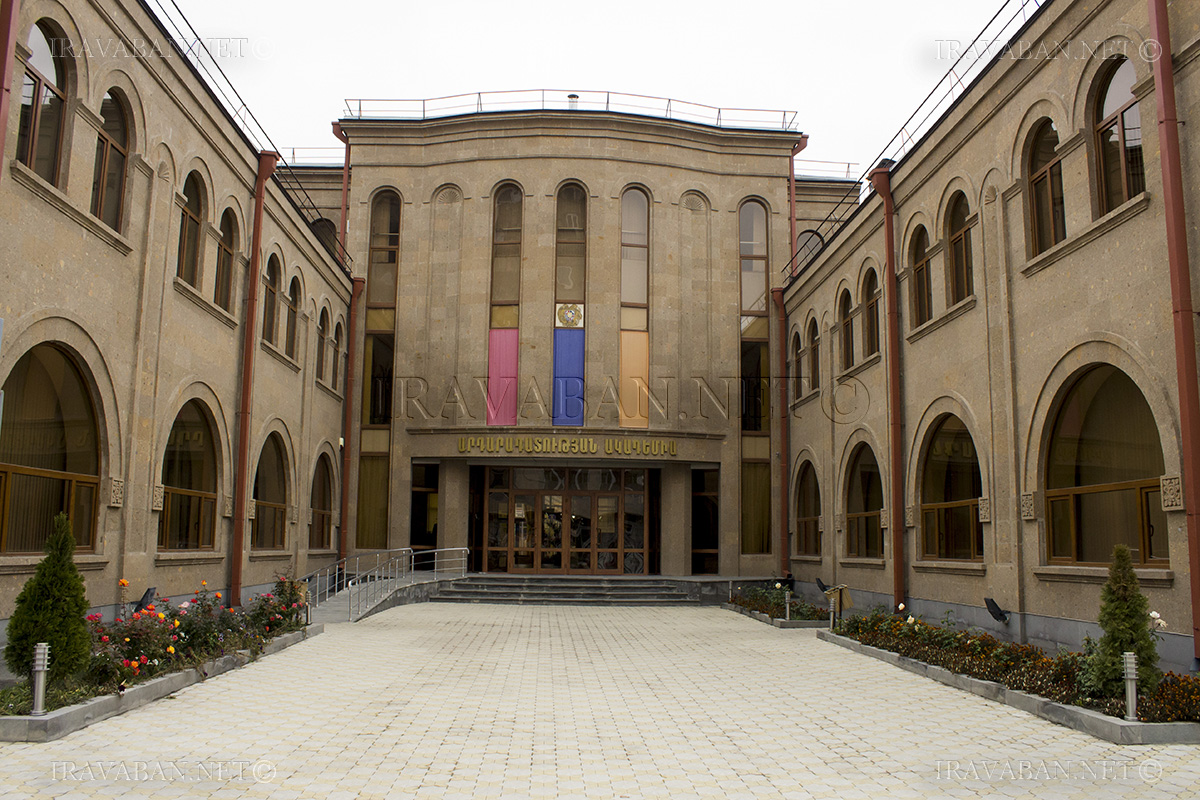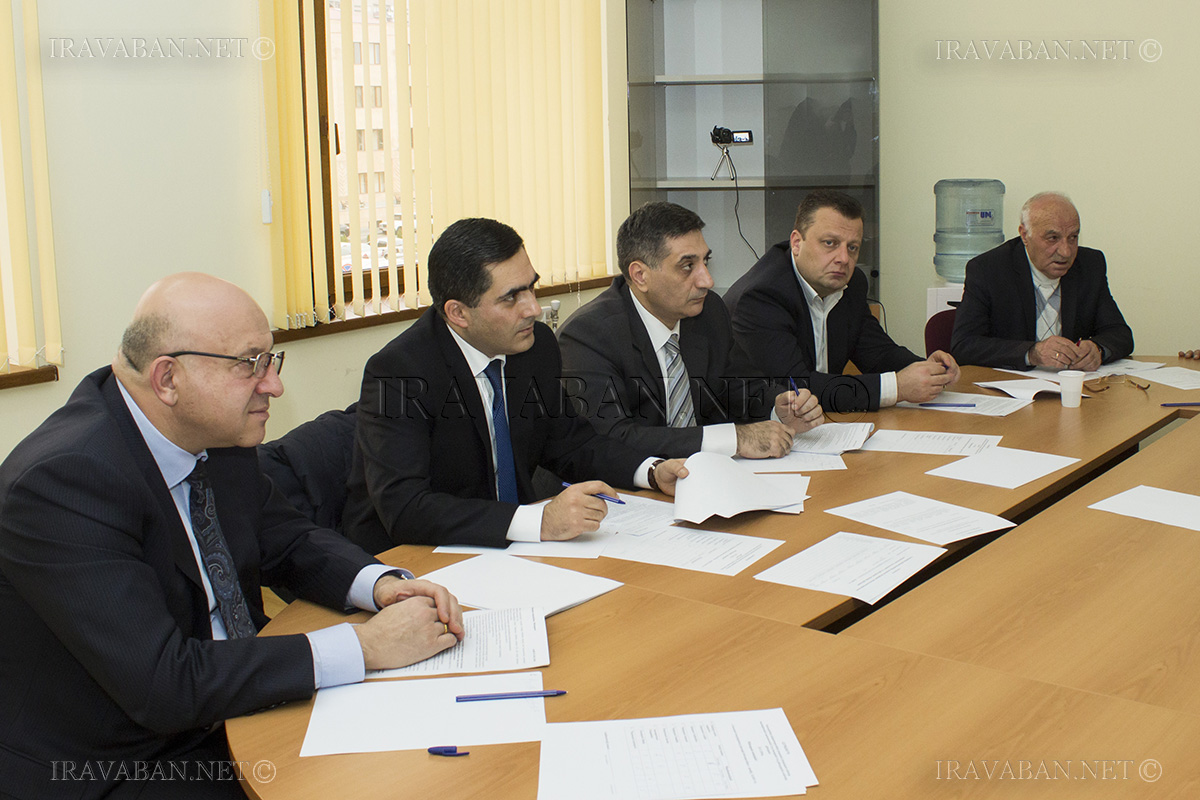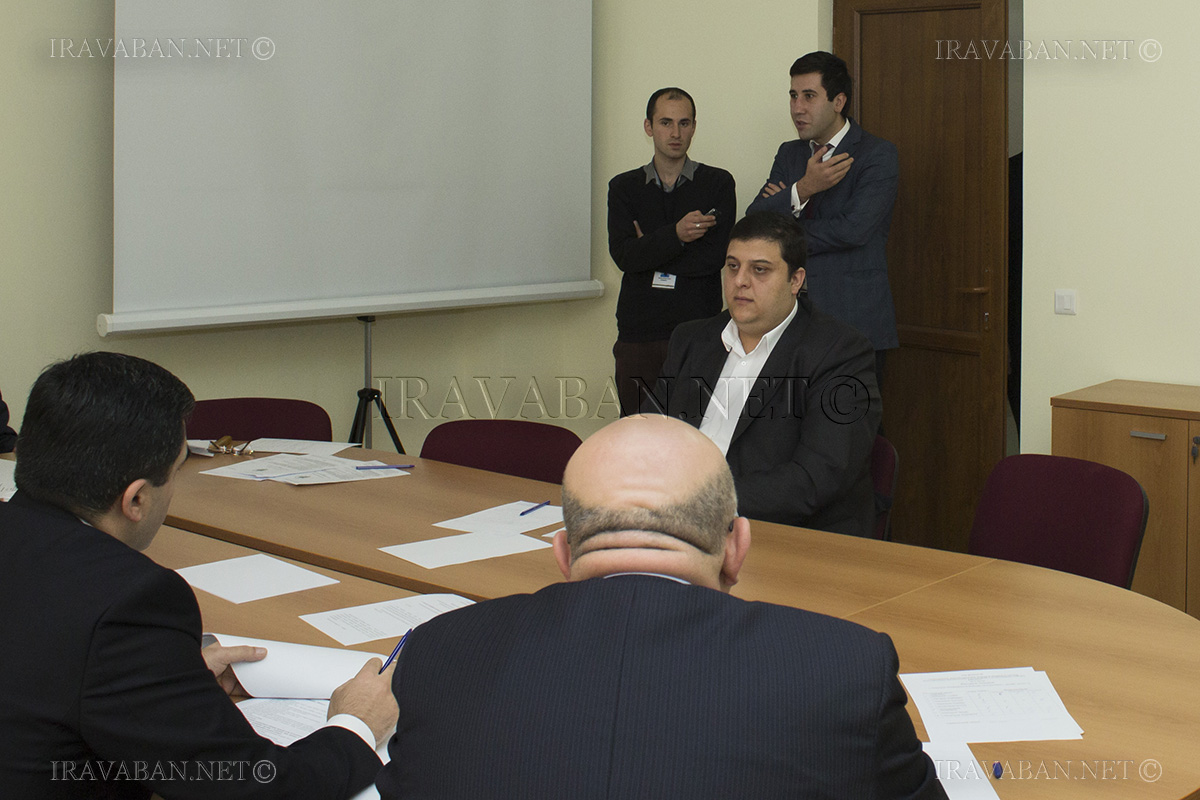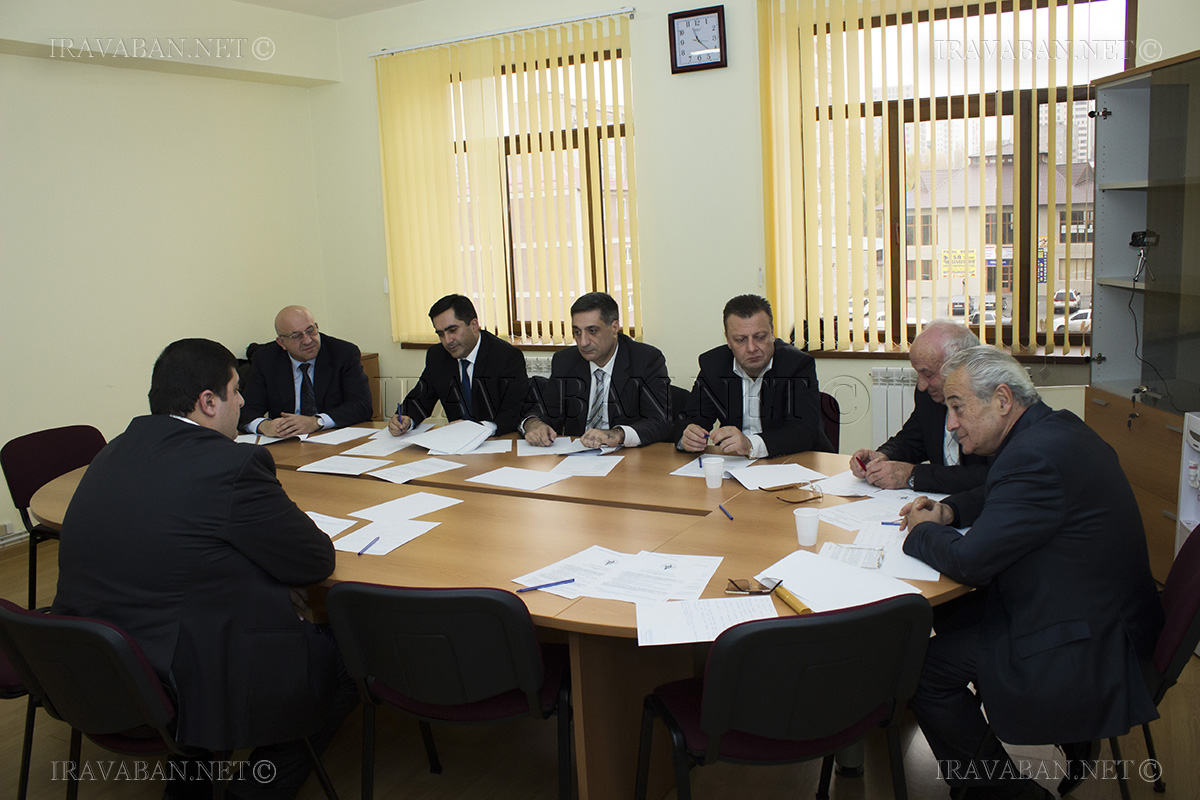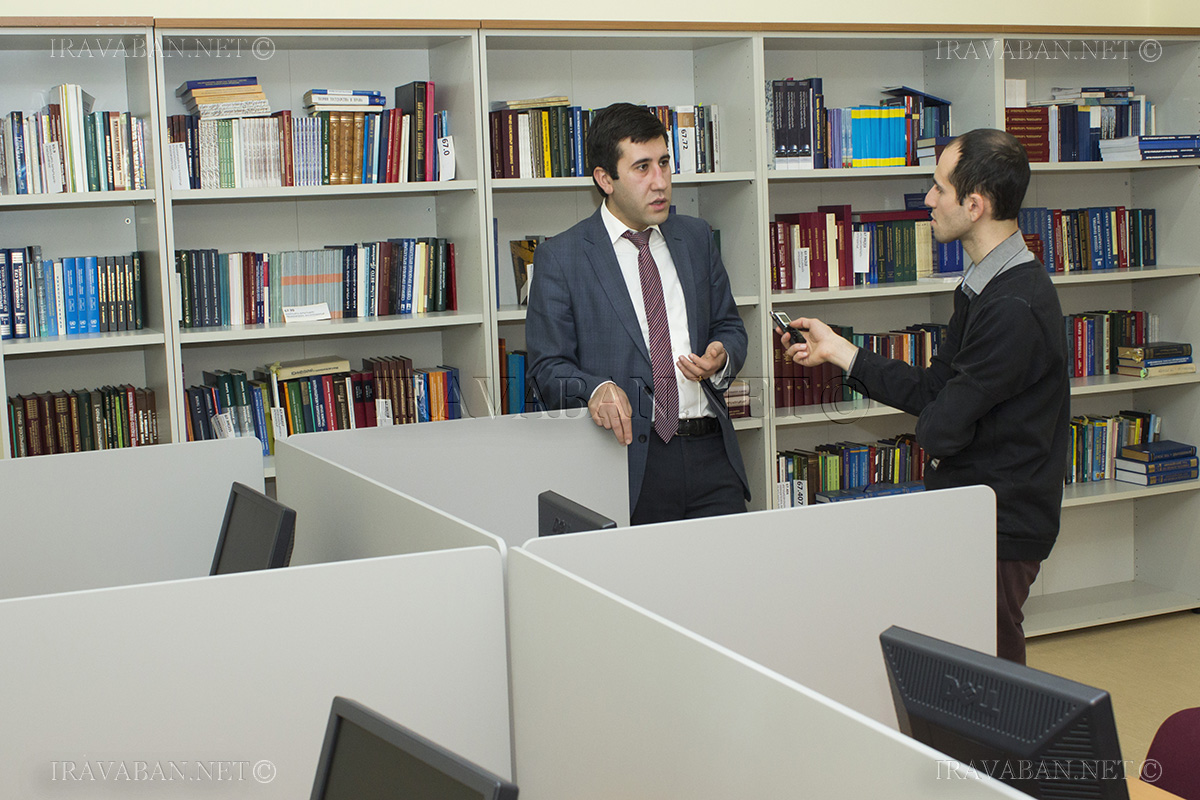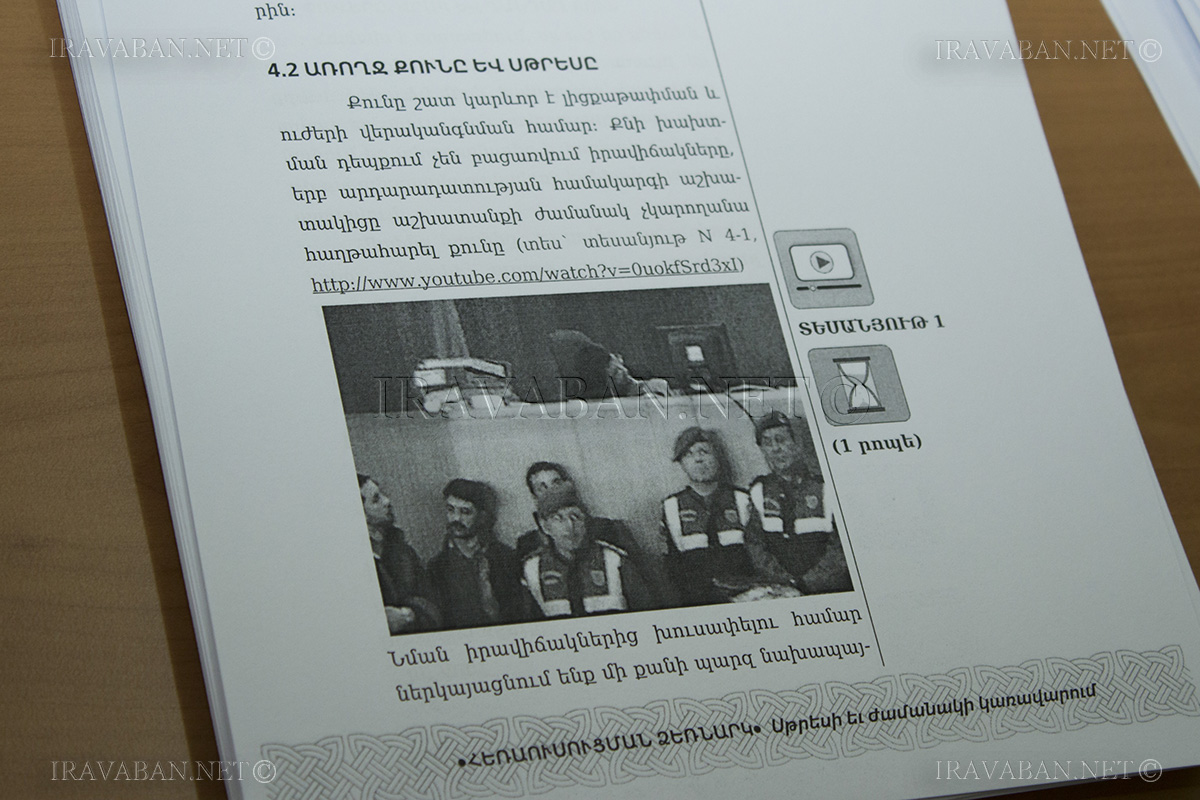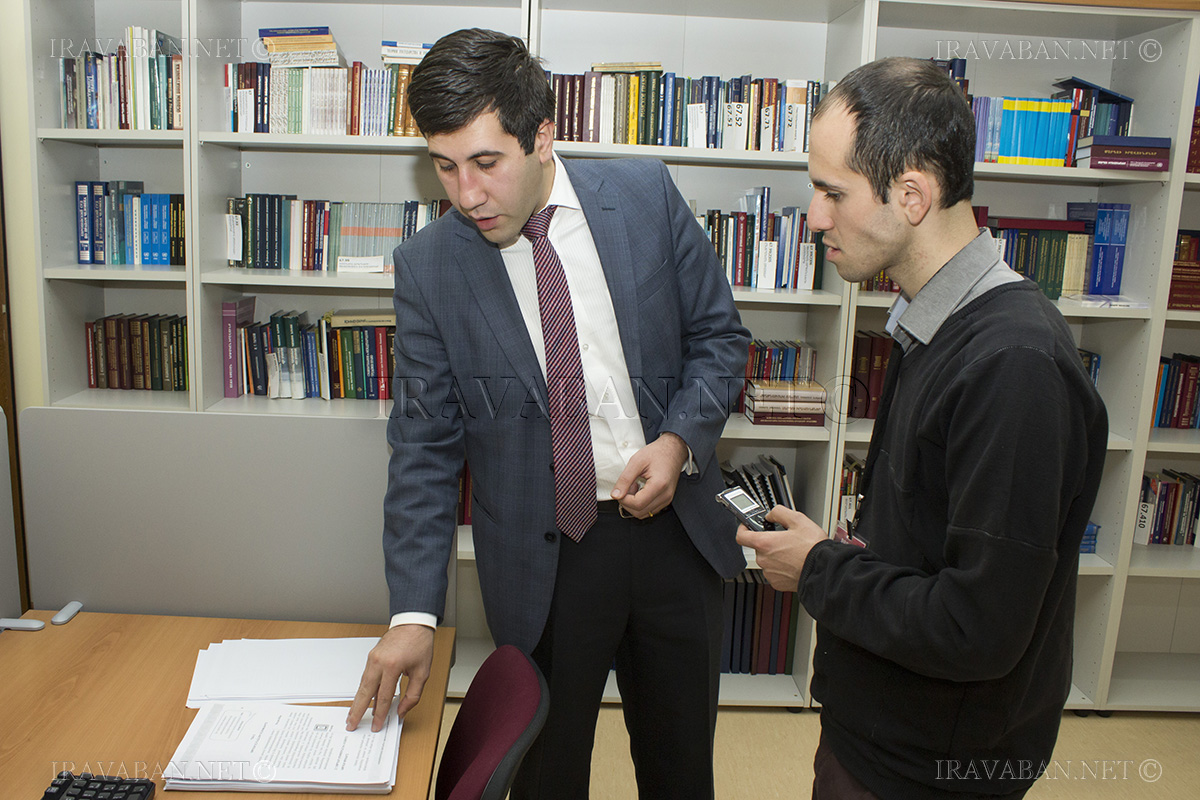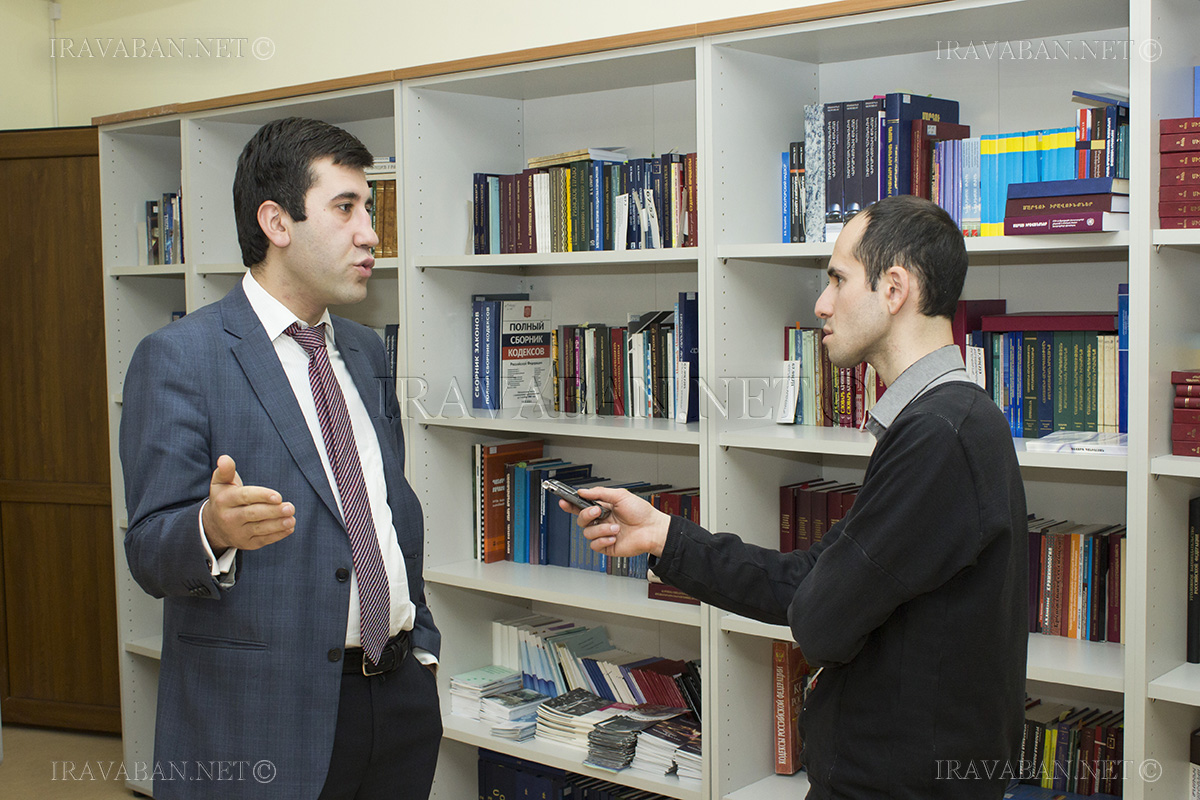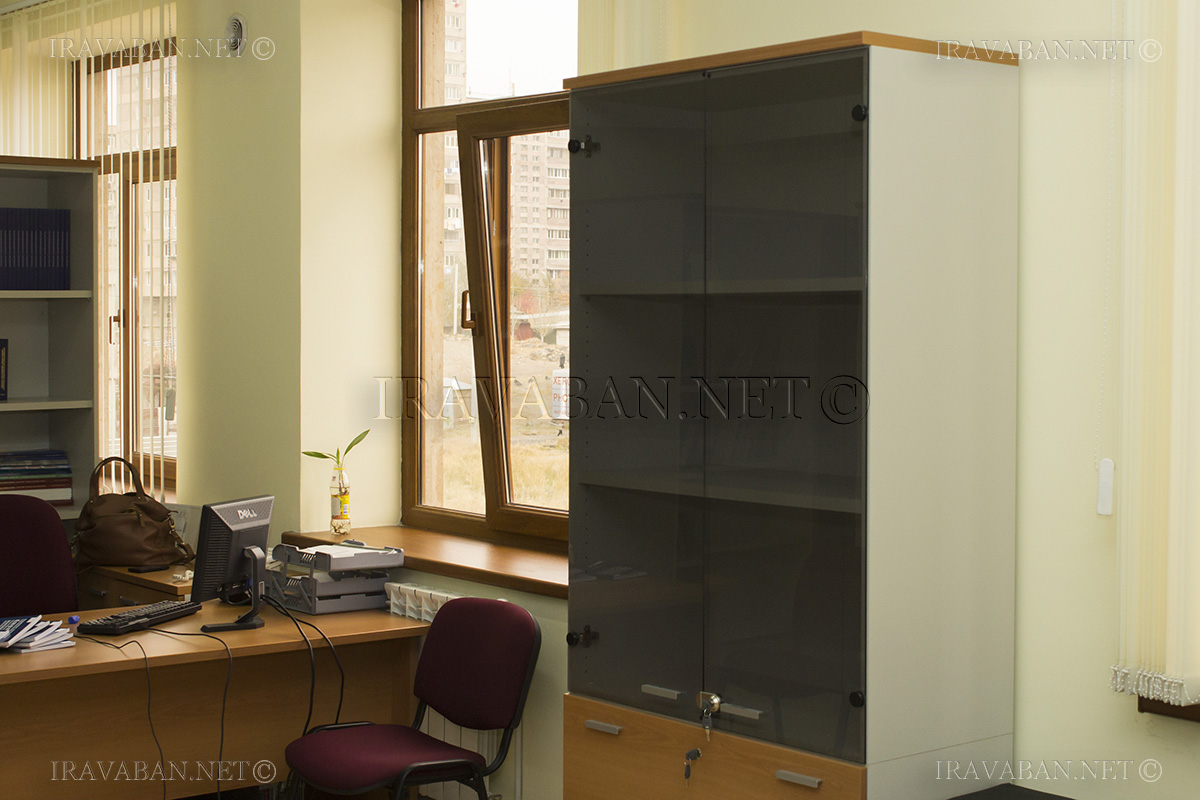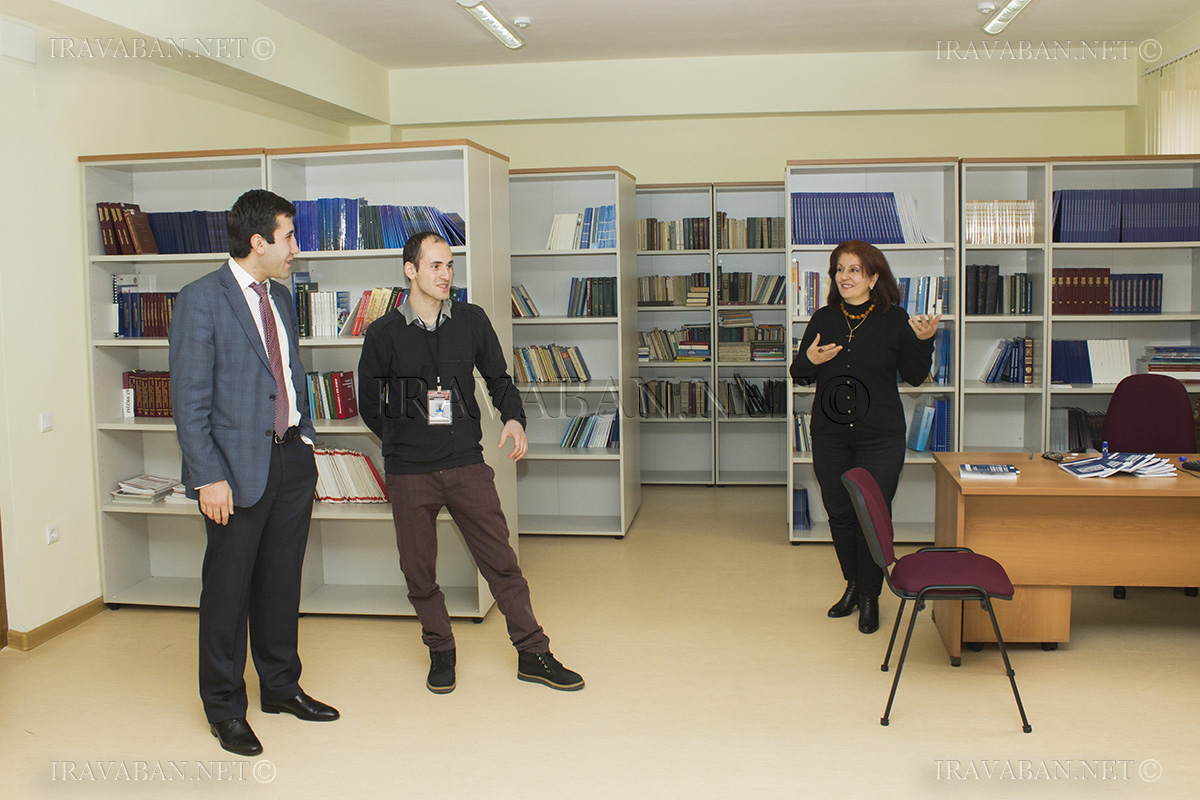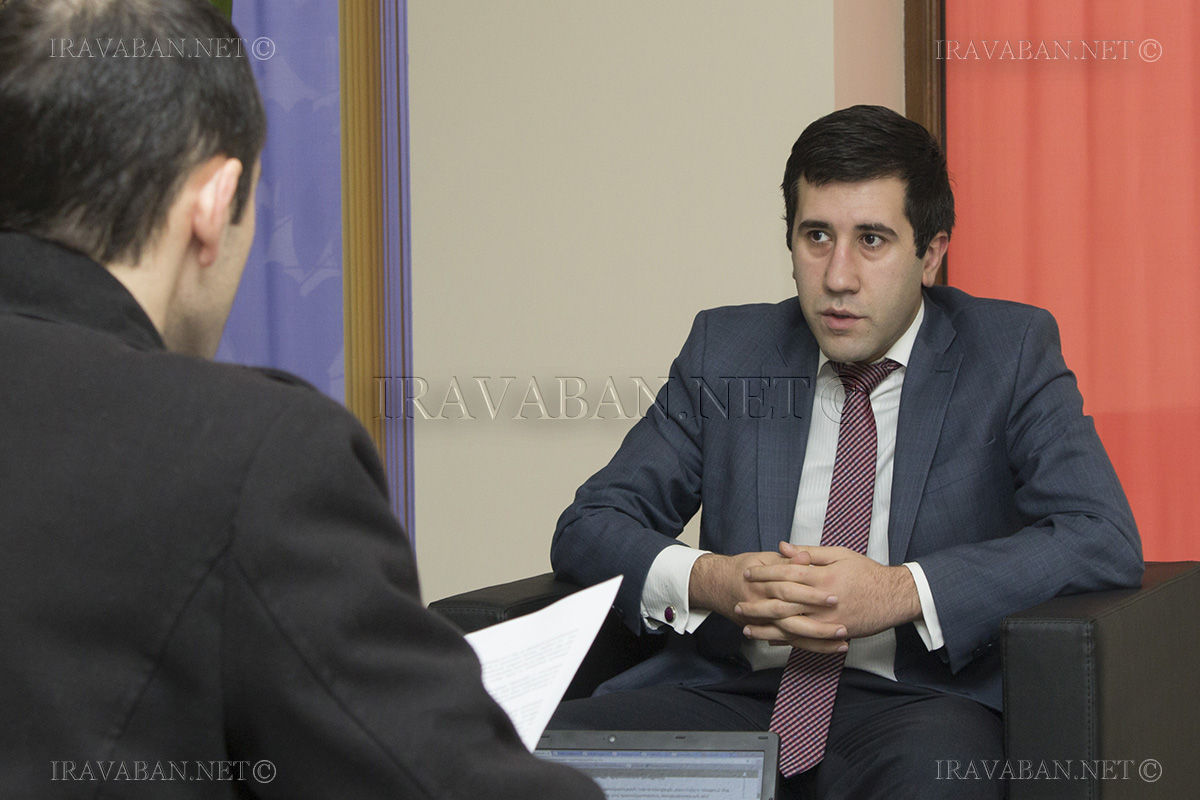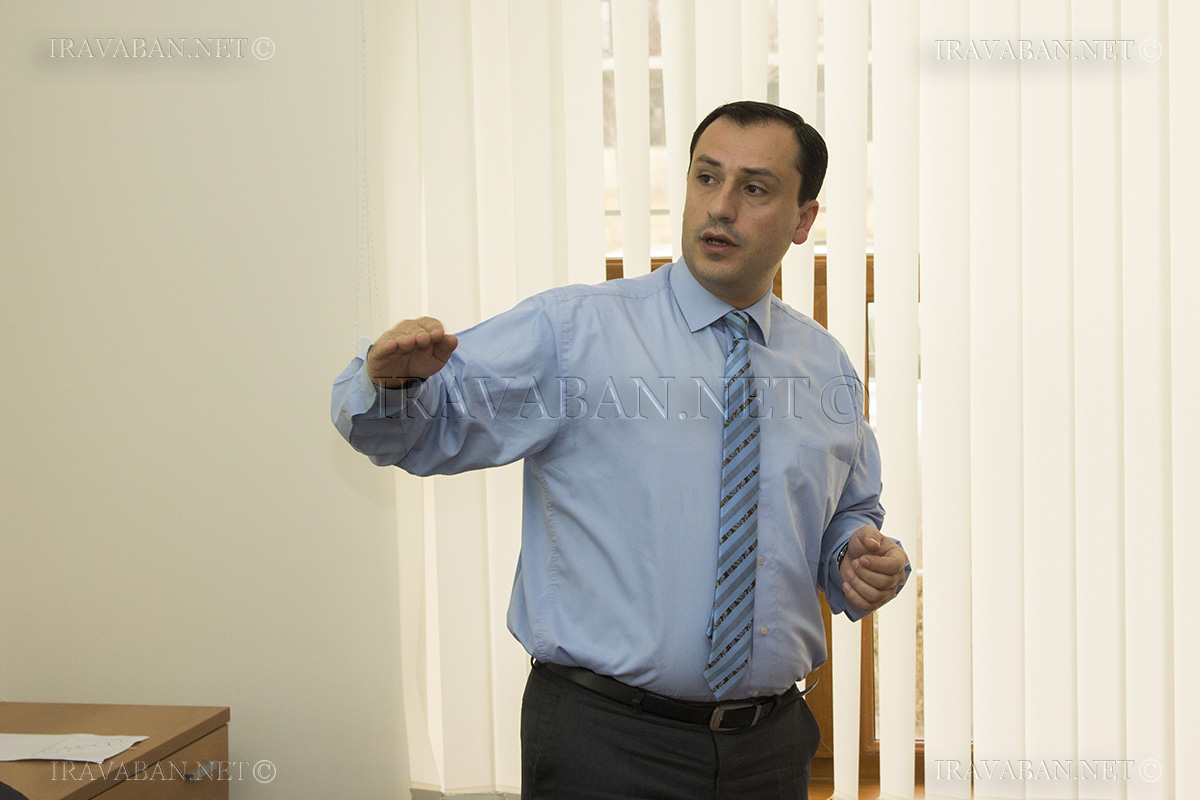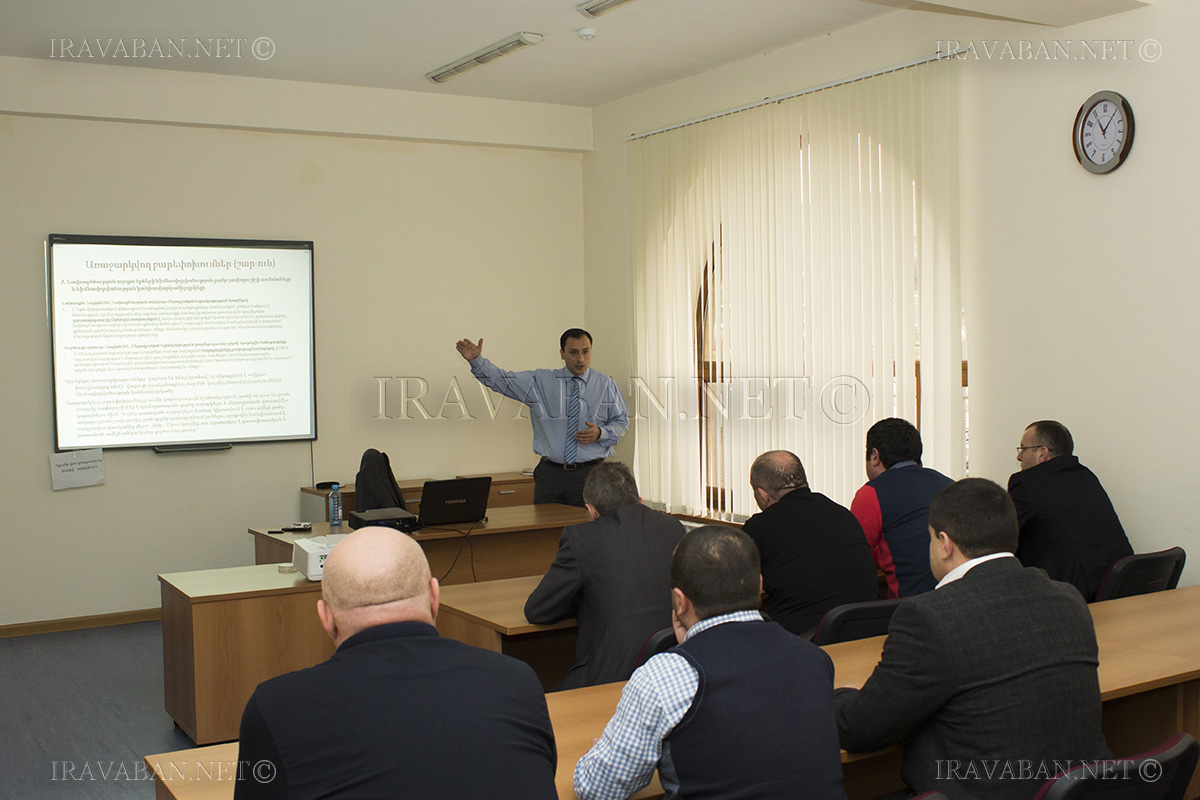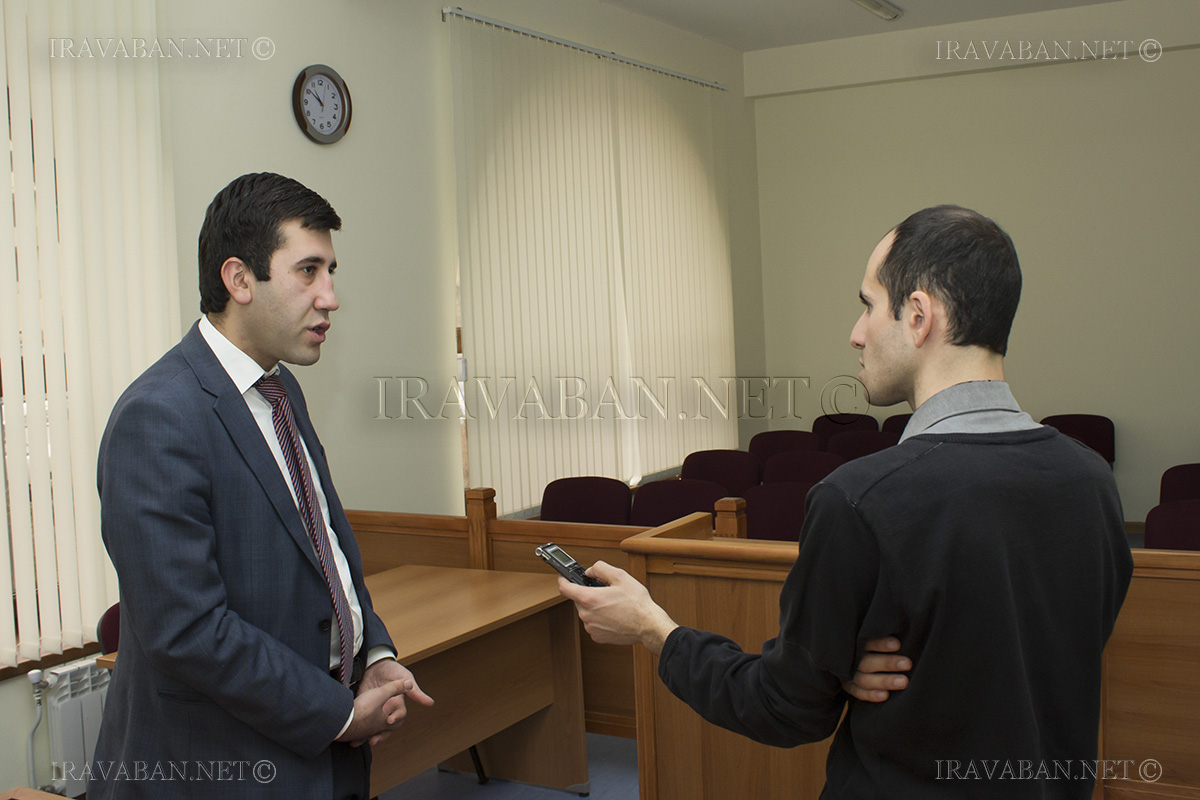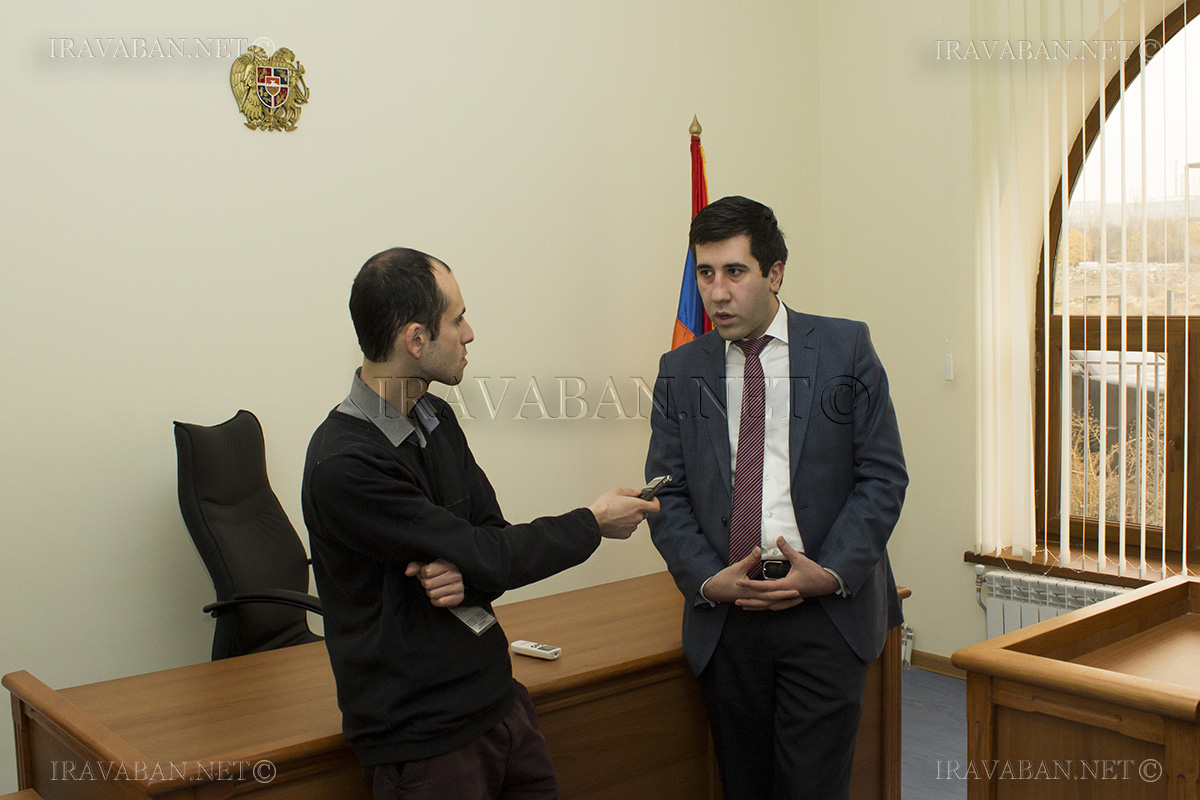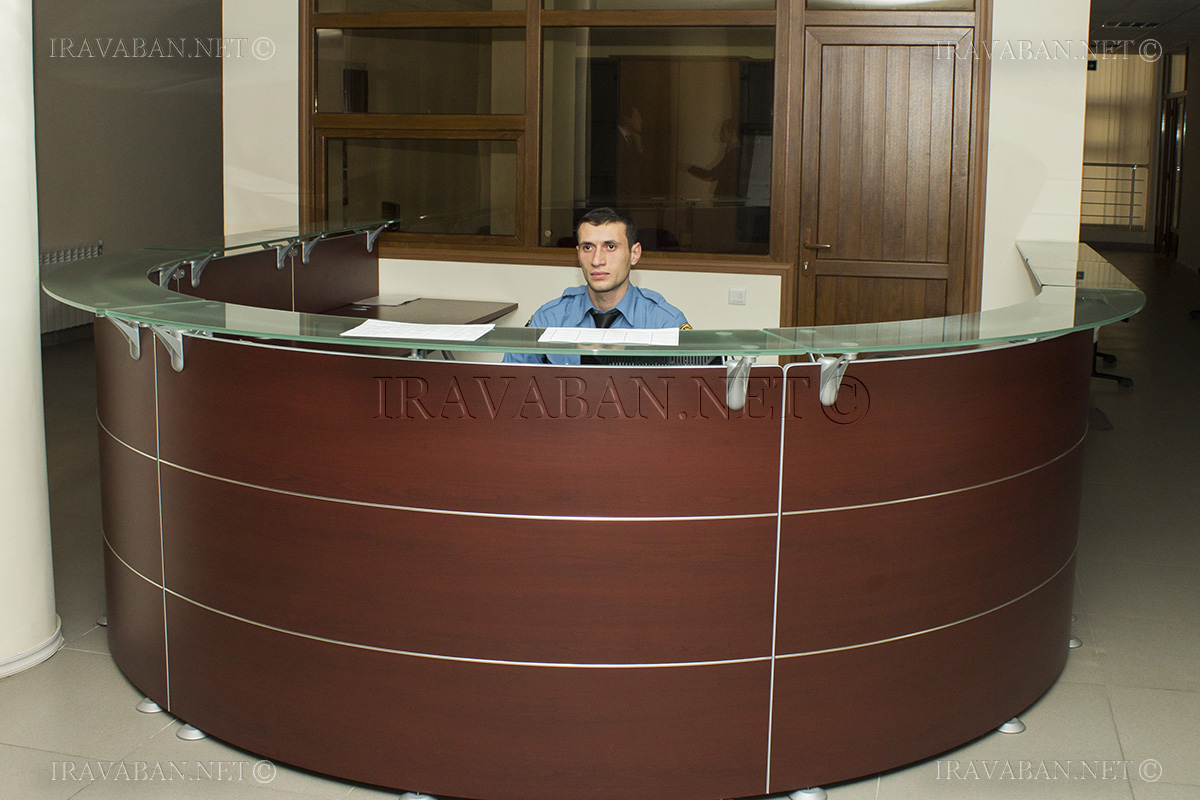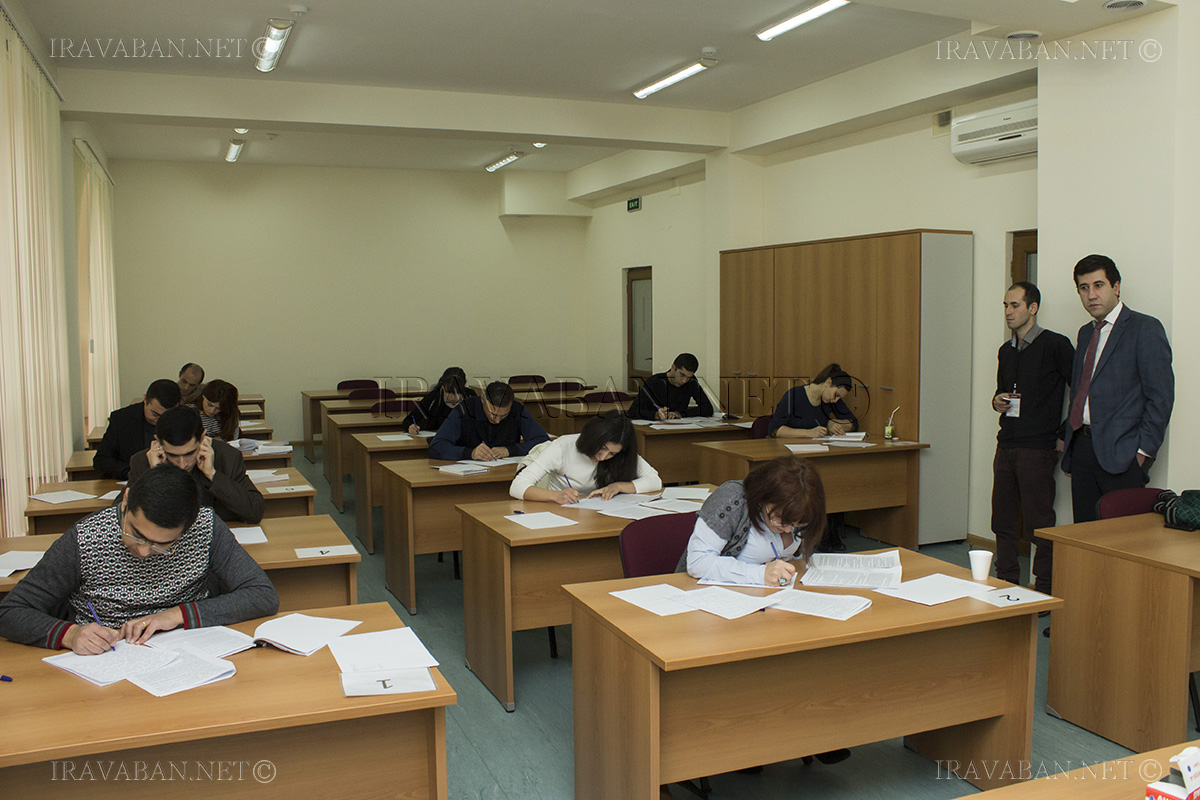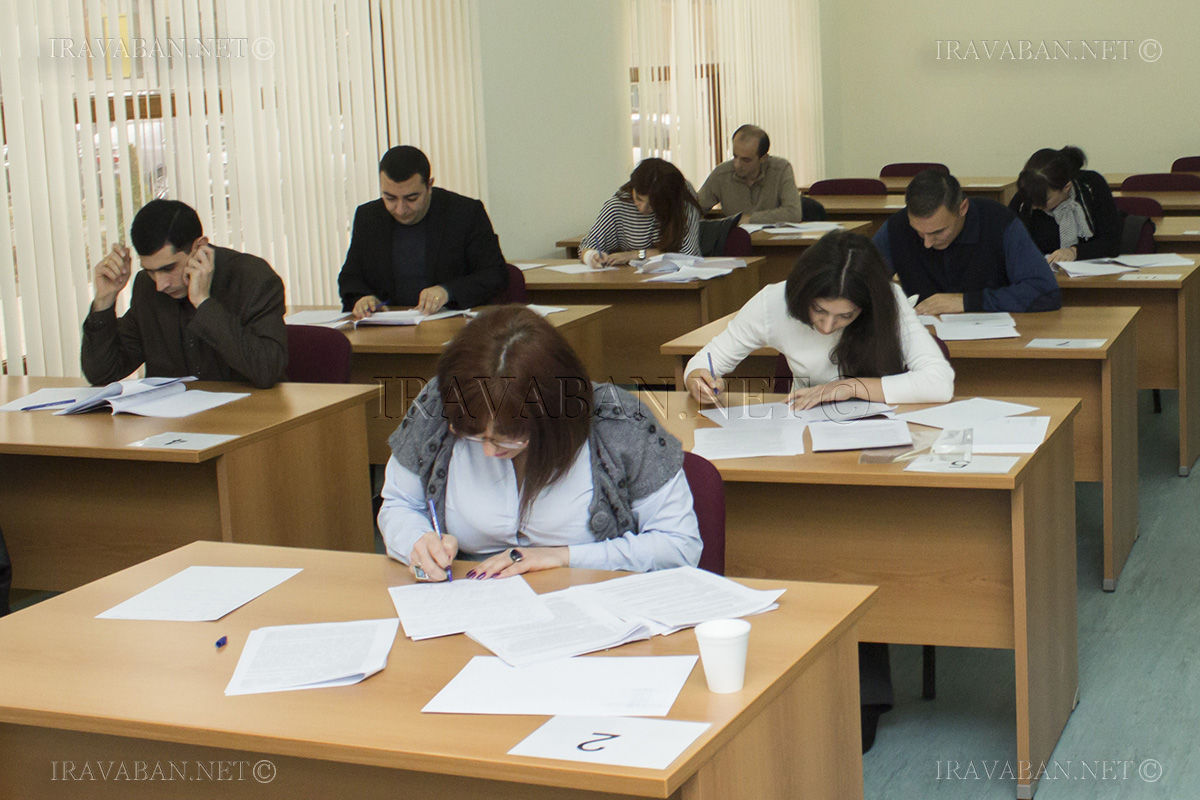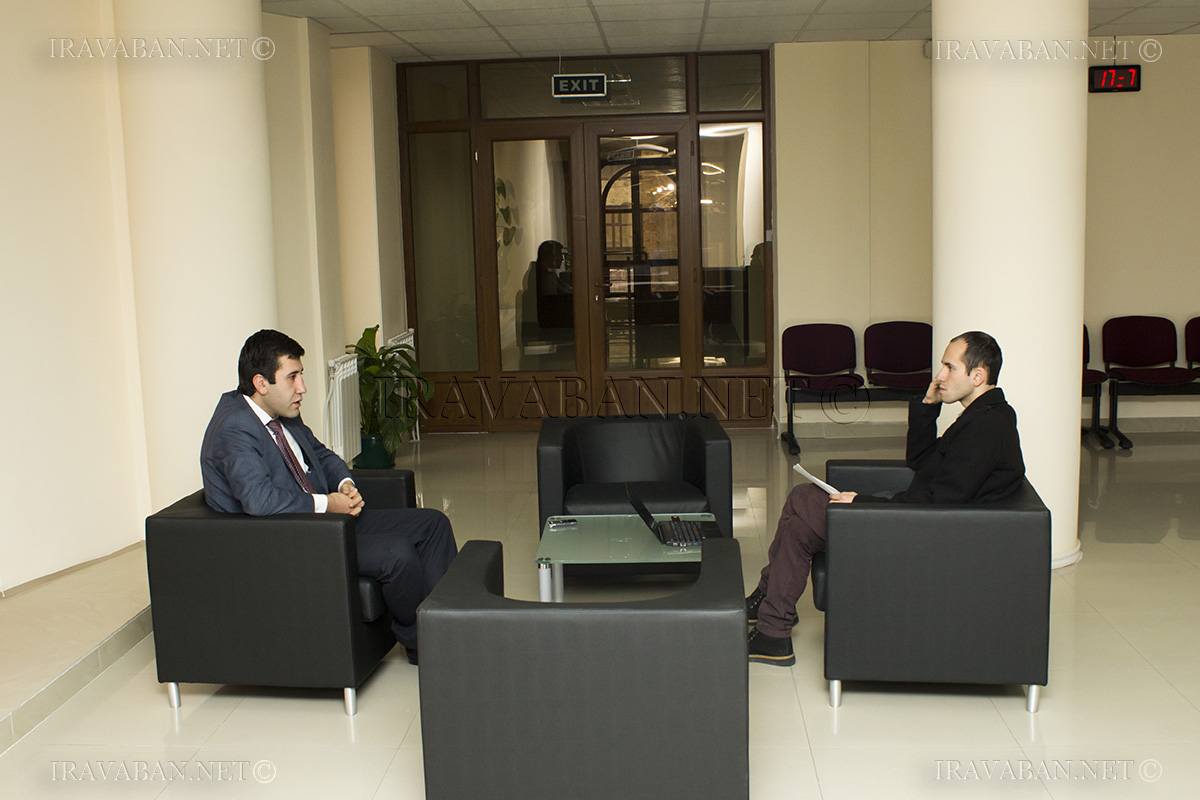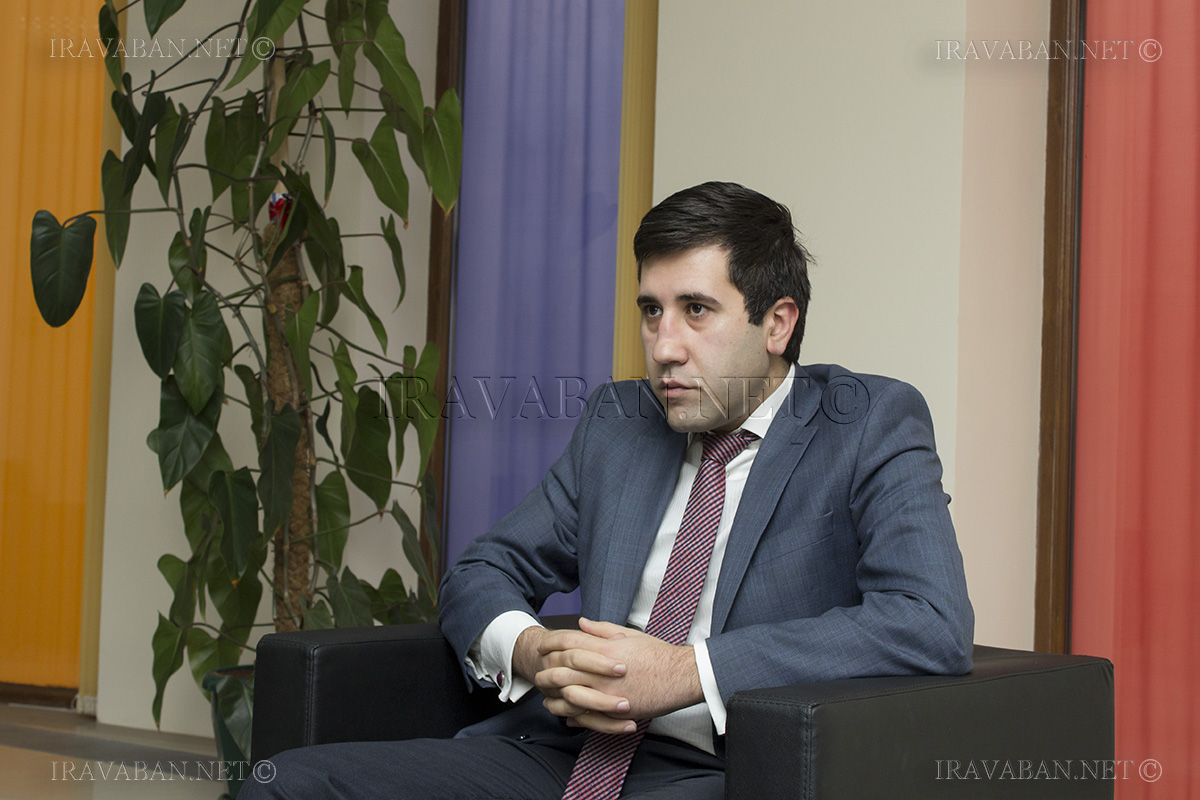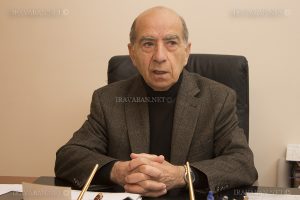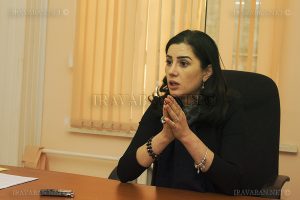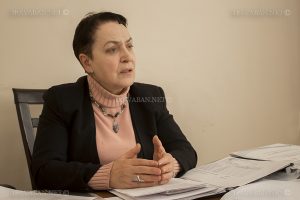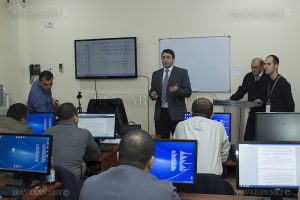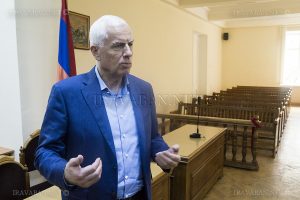The Academy of Justice was established in Armenia by the RA Government Decision of 13 September 2013. “The first benchmark period already comes to its end. The activity of around 1 year was intensive”, assures Rector of the Academy Mr. Ruben Melikyan. Which are the successes of the Academy for the last year, what set of values does it insert into the judicial system in terms of decreasing corruption levels, and what are the plans for the newly-formed Academy? We spoke with Ruben Melikyan on this and other issues in the framework of the special project “Higher Educational Institutions of Law in Armenia”. Our visit coincided with the exam period at the Academy.
Mr. Melikyan, how would You define the activity of the Academy since its establishment?
– It is around 1 year that we are active and now we enjoy the fruits of this year`s work as currently we have the last – fourth period of exams ongoing.
Could You, please, elaborate on the inserted evaluation system?
-We hold exams exclusively for candidates for judges and prosecutors. The trainings of current prosecutors and judges do not end with the exam, this is also one of the guarantees of the independence of judiciary. Unlike the current learning program of judges and prosecutors, quite an intensive learning model is inserted for candidates. Especially the learning program of 8.5 months is intensive. Though there are some drawbacks, we can conclude that in general we have all the set problems solved, as we could implement a regulated learning process. Surely changes will be suggested, but this experience was quite instructive and useful. We envisaged 30 exams for each candidate of judge or prosecutor. Exams are mainly written. Our students have had a tense and comprehensive learning process. During this time we set an issue for us to not only provide legal knowledge, but also provide judges and prosecutors with a toolkit which will allow them implement their activities more effectively. In general in the legal field we have problems of argumentation theory and practice – stress and time management, communication. I think in educational institutions the most important thing is the preparation of learning materials. Initially we had the strategy to have a certain balance between available and distance learning. If in case of candidates it is not allowed by law to use distance learning, it is also normal that for current judges and prosecutors we have a large field to use distance learning technologies. If now as provided by law, acting judges and prosecutors should take part in the trainings of the Academy for 2 weeks annually, then in case of applying distance learning technologies we can decrease that time to 1 week, and organize the other part through distance learning.
One of the major problems in the judicial system today is corruption, which is also stated by the Human Rights Defender in his annual reports. Do You insert mechanisms in the training program which will allow developing anti-corruption ideologies in the mindset of candidates?
– I don`t want to assess issues of corruption, for sure, I am far from the idea that there is no corruption in the judicial system of the RA, but simultaneously I personally, as standing close to that system, can state that this new mindset is becoming more prevailing in the legal system, which is quite welcomed by me. Nevertheless we can`t stop there, and the anti-corruption trainings are truly important for us. When we speak about educational system in general, we should understand there is no need to invent a bicycle, we have the component of knowledge, skills and values. The field you mentioned refers to the system of values as through knowledge and skills it is not possible to insert values.We also carry out trainings in this regard.
What programs do You have for future?
– We have various programs which are mainly connected to the first constituent of education – development of materials. For effective implementation of learning process we need to give preference to the process of preparation and development of materials. For 2015 we have many programs in this direction. Let me also mention that in 2014 – during that quite busy year we managed to prepare the first package of distance learning which also includes several video-recordings, and present it to our partners showing what we want. I consider this a significant achievement.
Let us also refer to the issue of partners. What kind of partnerships and cooperation have You established with foreign academies of justice?
– We have developed certain bilateral ties, particularly with the respective structure in the USA, as well as with our Bulgarian partner. Building relationship requires insertion of resources. Our strategy for 2014 was aimed at gaining a face and then at presenting ourselves. It is better to input resources in creating something and only then negotiating as equals with partners. For me, as for an RA citizen, it is very important that our country is perceived as one accepting knowledge and experience, but also implement its functions in other direction in terms of coming up with suggestions. We have already undertaken first steps in this regard: our expert was invited by the Council of Europe to take part in the development of a new methodological model of European system of distance learning. He is involved in the working group of 7 people where there are no experts represented from post-Soviet countries. This is quite important for our Academy of Justice as we do not see us as exclusively consumers and do not want to be perceived as such.
Let us also inform that according to the RA law on “Academy of Justice” its management is carried out by the Executive board of the Academy which consists of the RA Minister of Justice and three judges and three prosecutors. The ongoing activity of the Academy is implemented by the rector who is elected by the Board for a 5-year term. On 15 November 2013 Candidate of Law, Associate Mr. Ruben melikyan was selected as the first rector of the Academy of Justice. The Academy started its activities on 1 January 2014.
The goals of the Academy are the development of necessary skills and the extension of professional knowledge among the people included in the list of candidates for judges and prosecutors, implementation of educational programs for acting judges, prosecutors and other judicial and prosecutorial servants.
The term of learning program for candidates of judges and prosecutors is 8.5 months at the Academy, including classroom education (4 educational parts) and probation period. 30 subjects are envisaged to be taught in the learning program.
Interview by Gevorg Tosunyan
Photos by Zakar Iskandaryan
Author of the project idea Karen Zadoayan

